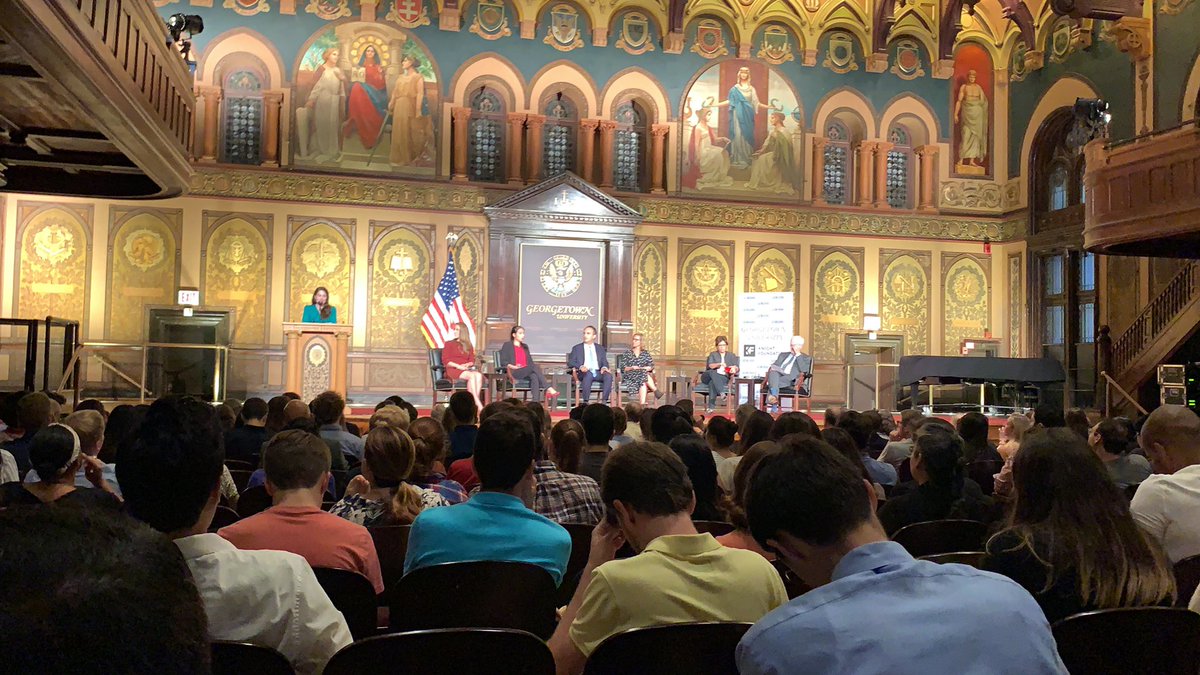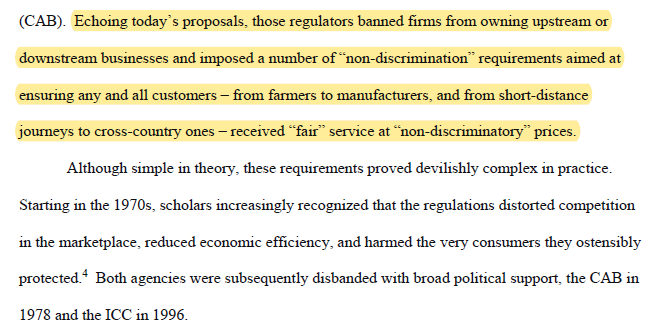
The DOJ complaint against Google is out. Here is a thread with a few thoughts i had while reading it. courtlistener.com/recap/gov.usco…
As with all complaints, first read alleged violations (p55) to learn what the DOJ thinks actually matters, legally.
*Not* in the allegations: search bias, acquisitions, Play store fees, scraping, self-preferencing, or display ads. Many GOOG enemies prob. feeling left out today.
*Not* in the allegations: search bias, acquisitions, Play store fees, scraping, self-preferencing, or display ads. Many GOOG enemies prob. feeling left out today.
What *is* alleged? In three different "markets" (general search, general search advertising, and general search text advertising), the same core alleged misconduct is Google's contracts with browser devs, phone manufacturers, and carriers, incl. to default to Google search.
Market definition is the key to this case. And DOJ might have muffed it. For example, the complaint never mentions Facebook - the second largest online advertising platform. DOJ entirely dismisses competition from display advertising in a single paragraph. 

That's not completely nonsensical, but it needs a lot of fleshing out. I guess that's why they include three different overlapping market definitions; they're throwing markets at the wall to see what sticks.
The alleged consumer harms under count 1 (general search services) include: 1) reduction in quality of search services (including privacy, data protection, and use of consumer data); 2) fewer choices in general search services; and 3) impeded innovation.
These all strike me as incredibly difficult to prove up. In particular, the types of contracts Google was using probably improve privacy, data protection, and use of consumer data by setting conditions on how the underlying Android OS can be modified.
The alleged competitor harms - counts 2 & 3 (general search ads and general search text ads) are: 1) higher ad prices than there would be otherwise; 2) reduced quality of ad services; 3) reduced incentives to develop innovative new products.
These might be easier to prove up - but for 1 at least they will have to show that ad prices, which have fallen 40% over the last decade, would have fallen even further. See @AlecStapp for more details.
Overall, the complaint alleges nothing new. Many have debated the agreements at issue, which have evolved over time in response to competitive & political pressure. This is not a solid foundation for an antitrust case. I doubt DOJ will win. But it's not completely laughable. /END
Here's the link:
https://twitter.com/AlecStapp/status/1318650506479308802?s=20
• • •
Missing some Tweet in this thread? You can try to
force a refresh






